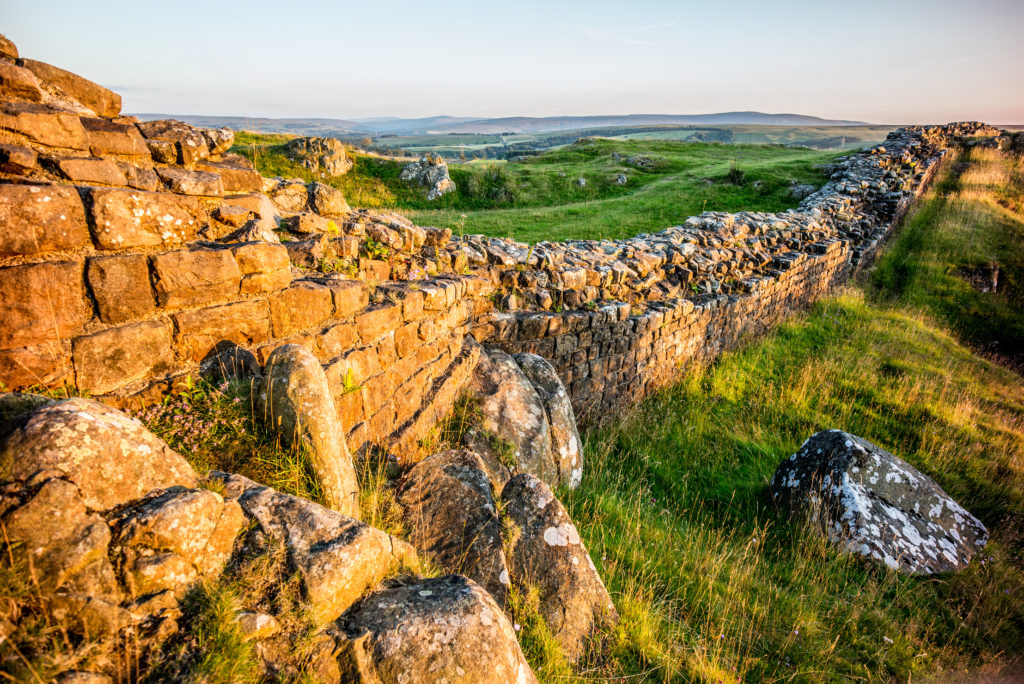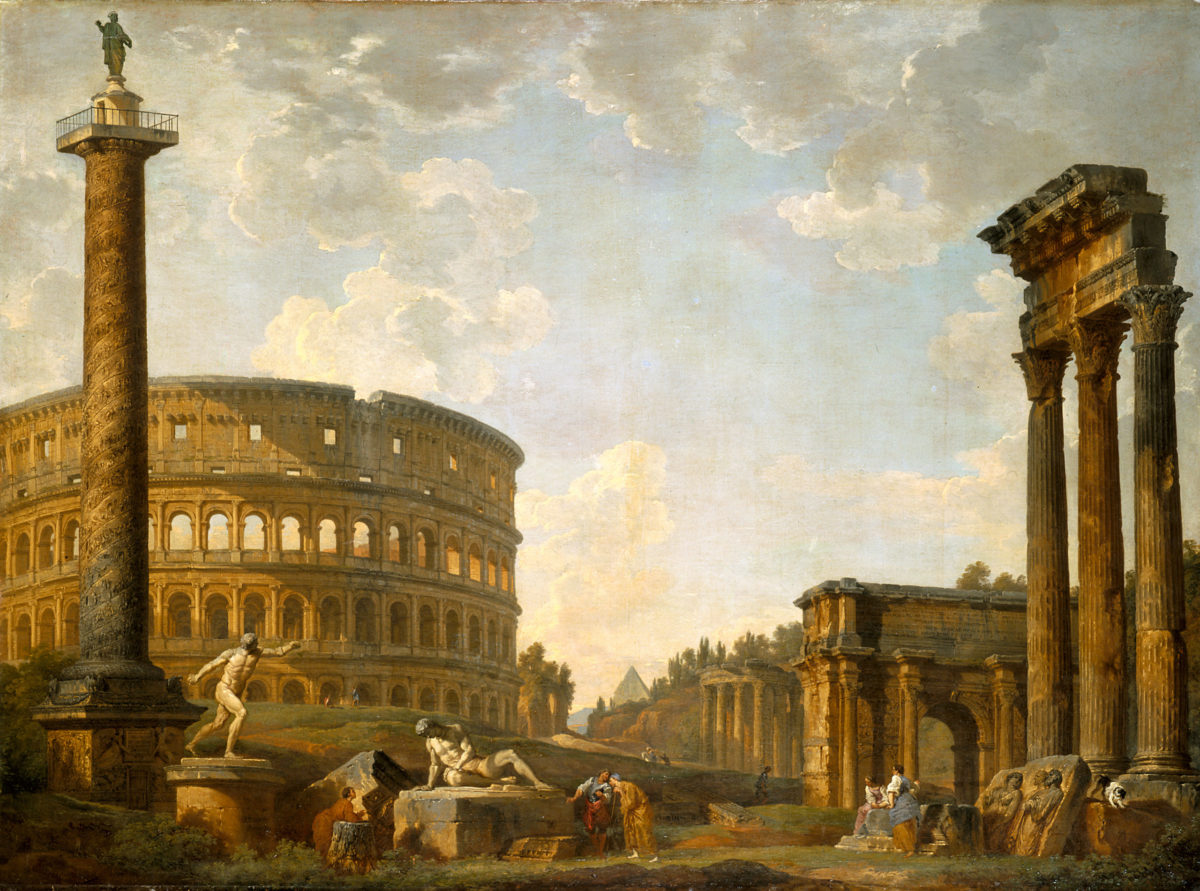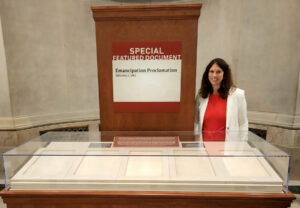“What have the Romans ever done for us?” John Cleese pondered in Monty Python’s “Life of Brian.”
Well, nothing because according to one TikToker, ancient Rome wasn’t even real.
Sorry to inform you, Edward Gibbon.
The supposedly history-themed TikToker, whose handle is @momllennial_, garnered outrage — and views — after she claimed in a Nov. 16, 2021, TikTok that ancient Rome was “a figment of the Spanish Inquisition’s imagination.”
@momllennial_, whose bio once stated that she has a bachelor’s degree in anthropology and history, doubled down on both her haughtiness and fallaciousness when she continued to falsely claim that there isn’t a single existing “Roman document” or “primary source document,” and cited the famed Qasr Ibrim papyrus that’s the oldest surviving manuscript of Latin poetry, is actually written in Greek.
The video naturally sparked some debate among @momllennial_’s 93,000 followers, with one commenter asking, “So people were just building aqueducts for fun or what?”
The history influencer quickly drew the ire of Maxwell T. Paule, an ancient and classical studies professor at Earlham College in Indiana. The professor quickly debunked this claim by translating the first two sentences of the ancient text — from Latin.

@momllennial_ wasn’t done yet, however. On Nov. 22, the TikToker claimed that Hadrian’s Wall, a Roman defensive fortification built to guard the north–west frontier of the Roman Empire in Britannia, “cannot be proven to be of Roman construction” and falsely asserted that it’s not a wall, but a road.
Surviving primary sources beg to differ, however.
A day later, @momllennial_ issued a mea culpa of sorts and released a follow-up video titled “Three Minute Video: Rome Thesis.” In the clip, she backtracks on her claim that Rome wasn’t real and that her statements were simply (jazz hands) a metaphor.
She further claimed that “there [we]re massive gaps in the archeological record” — something that no historians are actually in dispute about — and argued that Greece was the “power player” of the time period between the fourth and second centuries B.C., not Rome.
“Rome was an empire like Disney or the circus,” she contends.
And that’s why we check our sources, kids. That, and read Gibbon.





